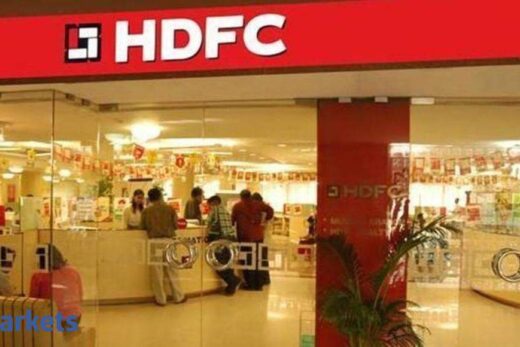I am Tania Jaleel
We are now in the midst of festive season, 2021.
And eager gold buyers and spenders once again look to purchasing the yellow metal.
After fintech platforms, jewellers are also offering digital gold.
Should you buy gold via these paperless, digital forms of gold, should you prefer these over the
traditional physical method of buying gold?
In this week’s ET Wealth edition, Sanket Dhanorkar lists on the 5 things you should know about
buying digital gold
What is digital gold?
This is an instrument that allows you to invest in pure gold in digital form.
The seller stores an equivalent quantity of physical gold in secured vaults.
After making the payment, the buyer gets an invoice and the said quantity reflects under vault
balance in your account with the service provider.
Customers can sell this gold at any time at live market rates, in either rupees or grams.
They can also take possession of the gold in physical form such as coins or ornaments, adjusted for
any making charges and packaging costs.
There’s no upper limit on purchase of digital gold.
However, the maximum limit to buy gold in a single day is Rs 2 lakh.
Who is offering digital gold?
In India, digital gold is primarily sold by three entities—MMTC PAMP, Augmont Goldtech and Digital
Gold India (SafeGold).
These firms have tied up with service providers like PayTM, Google Pay, Amazon Pay and PhonePe,
among others, to sell digital gold via their platforms.
Lately, jewellers like Tanishq, Senco and Kalyan Jewellers have also started offering digital gold
through similar tie-ups.
Customers can open digital gold accounts with the refiner directly or through any of the partner
platforms.
How is it better than buying physical gold?
It essentially facilitates holding gold virtually without owning a safe or bank locker.
So you don’t have to worry about storage and security.
Digital gold investment is made in certified 24 carat, 999.9 pure gold held in the vaults of the
custodian.
Physical gold often faces issues of impurities.
Further, buying physical gold entails high making charges.
A digital gold account comes at no cost apart from 3% GST.
The digital gold price is the same across India, therefore you can buy and sell gold online at fully
transparent, live market rates.
You can also sell your gold digitally back to the platform whenever you want without facing any
deductions.
Most platforms provide the benefit of doorstep delivery of the physical gold at a small cost, if
redeemed in this form.
Besides, digital gold allows purchase in much smaller denominations than actual physical gold.
How is it different from paper gold?
Most of the benefits of digital gold are also enjoyed by other forms of non-physical gold such as gold
ETFs and gold funds.
Where digital gold differs from other options is in the cost.
Digital gold does not attract any cost apart from one-time levy of 3% GST.
Both gold ETFs and gold funds incur recurring annual charges of around 0.5-1%.
You don’t need to hold a demat account to buy digital gold, like in case of gold ETFs.
Further, digital gold can be bought in very minute quantities at a time.
Most platforms as well as jewellers like Tanishq and Kalyan Jewellers, allow buyers to purchase
digital gold for as little as Rs 100.
The gold refiners even permit purchase at price as low as Rs 1 or equivalent of 0.1 gram.
Some platforms also facilitate online transfer of your gold balance to another account.
The gold balance can be transferred only to accounts on the same platform.
And this makes for a convenient gifting option.
How safe is it?
The entities who actually sell digital gold serve as custodian of your accumulated gold, whether you
buy directly or via any partner platform.
A trustee is appointed to oversee quality and operation of vaults.
At no point does the ownership of your accumulated gold transfer to either the partner service
provider or the custodian.
The physical gold is stored in secured vaults that are fully insured for any eventualities— loss due to
theft or damage caused by natural disasters.
However, customers do not have the option to go and inspect if it is actually backed by physical gold.
Currently, digital gold is not directly under the purview of any regulatory body.
So there is an element of risk as rules are not yet in place to govern this new arena.
With rising popularity of this product, the amount of gold stored in vaults is also rising at a fast clip.
However, Sebi is expected to introduce norms for digital gold very soon.
It recently barred brokerage platforms from offering digital gold.
And on that note, that will be all for this week
Come back next week for more wealth wisdom



